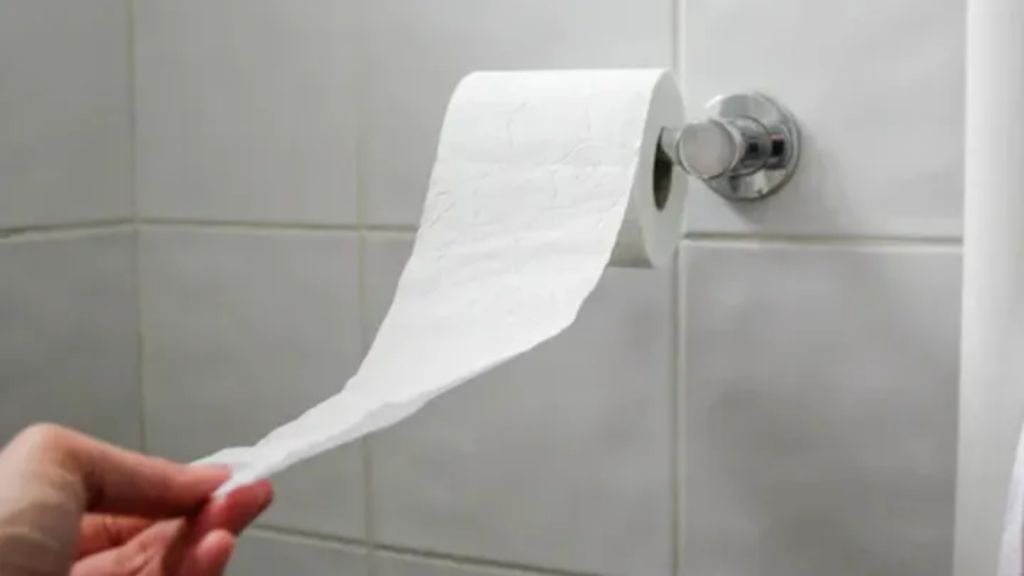 Hand tearing off a sheet of toilet paper
Hand tearing off a sheet of toilet paperGetting up to pee in the middle of the night (nocturia) can be a sign of health conditions like diabetes, though the “normal” amount of visits changes by age.
But it turns out that how often you go number one in the day matters, too.
On their site entry about diabetes insipidus, a rare condition unrelated to diabetes type one or two, the NHS shared the “normal” toilet trips an adult should take per day.
Peeing more than that is usually nothing to worry about (especially if you’re pregnant, have drunk alcohol, or taken your “drink more water” resolution too seriously), the Mayo Clinic says.
But UTIs, an overactive bladder, diabetes, kidney issues, and prostate issues can also cause you to go more than usual, the clinic’s site adds.
What’s the “normal” amount to pee every day?
Per the NHS, you should see a GP if you’re “peeing more than normal – most healthy adults pass urine four to seven times in a 24-hour period.”
You should also schedule a visit to your doctor if you feel the need to pee a lot in very small amounts; the urge may come on suddenly and feel severe.
Children usually need to empty their bladders more often than adults “because they have smaller bladders,” the health service adds.
You should get them checked out if they’re going more than 10 times a day.
If you notice extreme thirst alongside peeing more than usual, this could be a warning sign of diabetes.
Even if it doesn’t turn out to be that, “You should always see your GP if you’re feeling thirsty all the time,” the NHS adds.
When should I see a GP about peeing too much?
As we mentioned, you should see a GP if you’re peeing a lot and feel thirstier than usual.Penn Medicine says you should also speak to your doctor if you notice:
- You have urinary frequency or urgency, but you are not pregnant and you are not drinking large amounts of fluid.
- You have incontinence or you have changed your lifestyle because of your symptoms.
- You have bloody or cloudy urine.
- There is a discharge from the penis or vagina.
It’s more urgent if you have a fever, back or side pain, chills, vomiting, fatigue, or sudden weight loss, they add.


